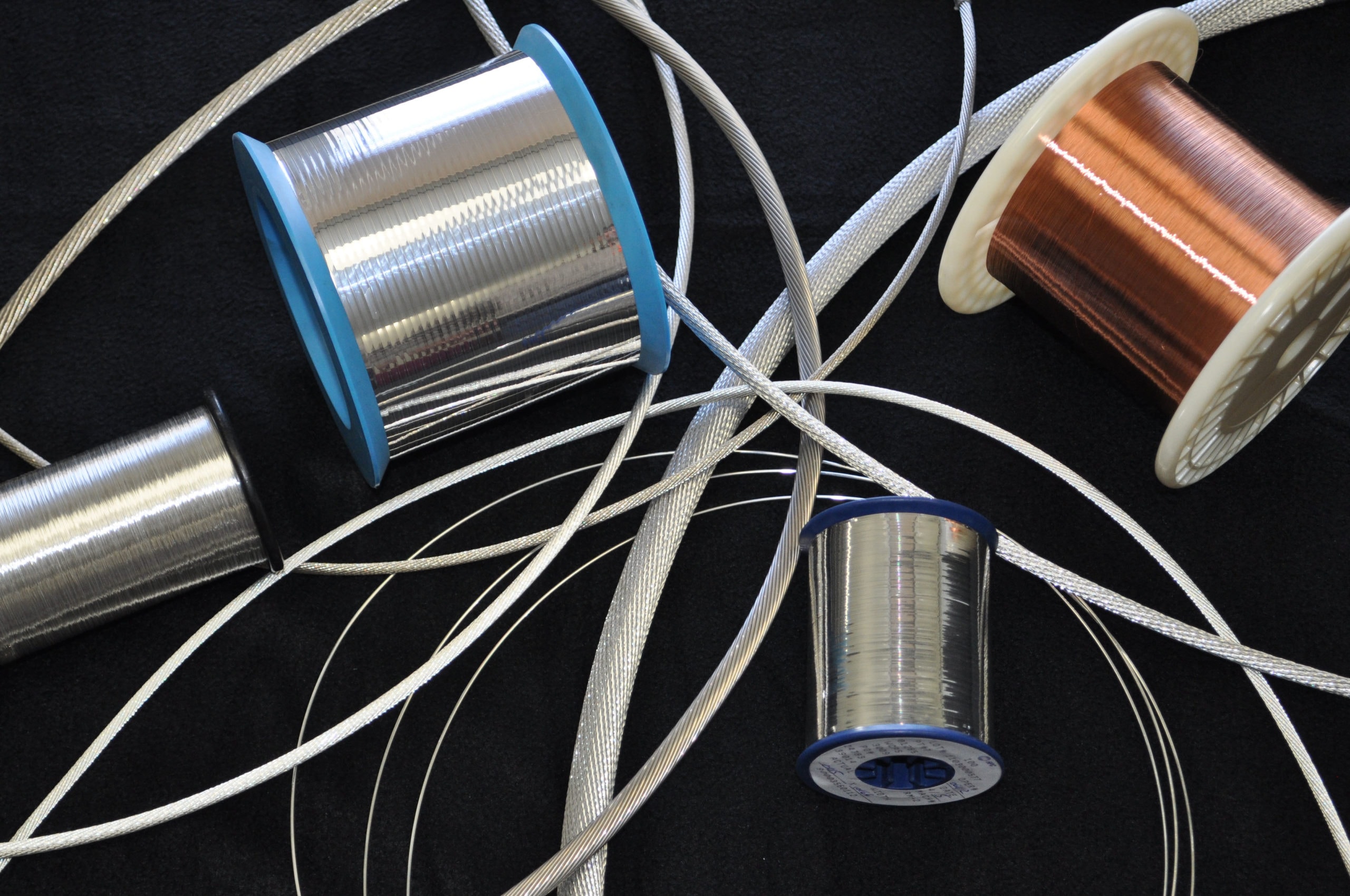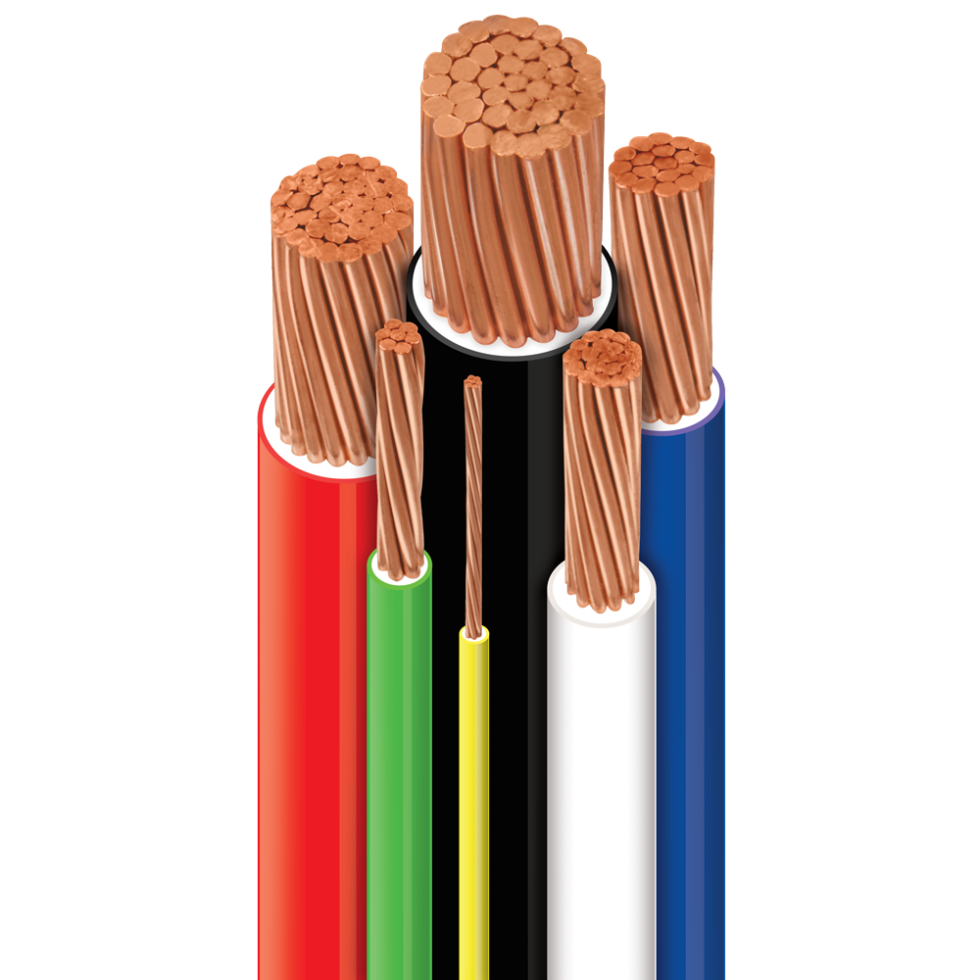Let’s face it, folks—wires are everywhere. They’re like the unsung heroes of our daily lives, quietly doing their job while we focus on other things. Whether you're charging your phone, setting up your home theater system, or even powering your coffee maker, wires play a critical role. But what exactly are wires only? Why do they matter? And how can you make sure you're using them right?
In this guide, we’re diving deep into the world of wires only. We’ll explore everything from the basics of what they are to advanced tips on how to choose the right ones for your needs. If you’ve ever wondered about the difference between copper and aluminum wires, or why some wires are better than others for certain tasks, you’re in the right place.
So grab your favorite drink, settle in, and let’s unravel the mystery behind wires only. By the end of this article, you’ll have a solid understanding of how these little marvels work and how they can transform the way you power your world.
Read also:Corey Epstein The Rising Star In Music And Entertainment
What Are Wires Only Anyway?
Alright, let’s start with the basics. Wires only are essentially conductive materials wrapped in an insulating layer. They’re designed to carry electrical current from one point to another without losing too much energy along the way. Think of them as highways for electricity—they ensure that power gets where it needs to go efficiently and safely.
Now, wires only come in different shapes, sizes, and materials. The most common material used is copper because it’s highly conductive and durable. But you’ll also find aluminum wires, which are lighter and cheaper but not quite as efficient. Depending on the application, you might need wires with specific properties, like flexibility, heat resistance, or corrosion resistance.
Here’s a quick breakdown of the main components of wires only:
- Conductor: The core material that carries electricity (usually copper or aluminum).
- Insulation: The outer layer that protects the conductor and prevents short circuits.
- Gauge: This refers to the thickness of the wire, which affects its current-carrying capacity.
- Jacket: Some wires have an additional protective layer to enhance durability.
Why Do Wires Only Matter?
Here’s the thing—wires only might seem like small, insignificant pieces of technology, but they’re absolutely crucial. Without them, our modern world would grind to a halt. Imagine trying to run your computer, charge your phone, or even turn on the lights without wires. Not happening, right?
But it’s not just about convenience. Properly chosen and installed wires only can improve safety, reduce energy waste, and extend the lifespan of your devices. On the flip side, using the wrong type of wire or poor-quality materials can lead to serious problems, including overheating, electrical fires, and equipment damage.
So whether you’re a DIY enthusiast, a professional electrician, or just someone who wants to understand how their stuff works, knowing the ins and outs of wires only is a must-have skill.
Read also:Brett Baker The Rising Star In The Spotlight
Choosing the Right Wires Only for Your Needs
Not all wires are created equal, folks. To get the best results, you need to choose the right type of wire for the job. Here are a few factors to consider:
Material Matters
As we mentioned earlier, copper is the gold standard when it comes to wire materials. It’s highly conductive, resistant to corrosion, and relatively easy to work with. However, it’s also more expensive than alternatives like aluminum.
Aluminum wires only are a great budget-friendly option, but they require special care during installation. They’re more prone to corrosion and can expand and contract with temperature changes, so they need to be secured properly to avoid loosening over time.
Gauge and Current Capacity
The gauge of a wire determines how much current it can handle. Thicker wires (lower gauge numbers) can carry more current, while thinner wires (higher gauge numbers) are better suited for low-power applications. For example, you’d use a 14-gauge wire for lighting circuits, but a 10-gauge wire for heavy-duty appliances like air conditioners.
Insulation Type
The insulation on wires only plays a big role in their performance. Different materials offer varying levels of heat resistance, flexibility, and durability. Some common types include:
- PVC (Polyvinyl Chloride): Affordable and widely used, but not great for high-temperature applications.
- XLPE (Cross-Linked Polyethylene): Offers excellent heat resistance and is often used in industrial settings.
- Teflon: Highly resistant to heat and chemicals, making it ideal for extreme conditions.
The Science Behind Wires Only
Now let’s talk about the science behind wires only. How exactly do they work? Well, it all comes down to conductivity. Conductive materials, like copper and aluminum, allow electrons to flow freely through them. This movement of electrons is what we call electrical current.
But here’s the catch—not all materials are equally conductive. That’s why wires only are made from metals with high conductivity, while the insulation is made from non-conductive materials to prevent the current from leaking out. It’s a delicate balance that ensures electricity gets where it needs to go without causing problems.
Common Mistakes to Avoid with Wires Only
Even the best-laid plans can go awry if you don’t pay attention to the details. Here are some common mistakes people make when working with wires only:
Using the Wrong Gauge
One of the biggest mistakes is using a wire that’s too thin for the job. This can cause the wire to overheat, leading to potential fire hazards. Always double-check the gauge requirements for your specific application.
Ignoring Insulation Quality
Cheap insulation might save you a few bucks upfront, but it can cost you big time in the long run. Poor-quality insulation can crack or degrade over time, exposing the conductor and creating a safety risk.
Skipping Proper Installation
Even the best wires only won’t perform well if they’re not installed correctly. Make sure to follow all manufacturer guidelines and consult a professional if you’re unsure about anything.
Wires Only in Everyday Life
Let’s take a closer look at how wires only impact our daily lives. From the smallest gadgets to the largest industrial machines, wires are the backbone of modern technology.
Home Wiring
Your home’s electrical system relies heavily on wires only. From the main breaker panel to individual outlets, every part of your home’s wiring is designed to deliver power safely and efficiently. Proper maintenance and upgrades can ensure your system stays in top shape for years to come.
Automotive Applications
Cars and trucks also depend on wires only to function. From the battery to the engine control unit, every electrical component is connected by a network of wires. Keeping these wires in good condition is essential for reliable vehicle performance.
Future Trends in Wires Only
Technology never stands still, and the world of wires only is no exception. Researchers are constantly exploring new materials and designs to improve conductivity, durability, and sustainability. Some exciting developments include:
Graphene Wires
Graphene is a super-strong, ultra-conductive material that could revolutionize the way we think about wires only. Its unique properties make it an ideal candidate for next-generation wiring solutions.
Self-Healing Wires
Imagine wires that can repair themselves after damage. Sounds like science fiction, right? But researchers are already working on this technology, which could drastically reduce maintenance costs and downtime in the future.
How to Maintain Your Wires Only
Just like any other part of your home or vehicle, wires only require regular maintenance to stay in good condition. Here are a few tips to help you keep your wires in top shape:
- Regularly inspect wires for signs of wear or damage.
- Keep wires away from heat sources and moisture.
- Use protective covers or conduits for exposed wires.
- Replace old or damaged wires promptly.
Where to Buy Quality Wires Only
When it comes to buying wires only, quality matters. You want to make sure you’re getting a product that’s going to last and perform well. Here are a few trusted sources to consider:
Online Retailers
Websites like Amazon and eBay offer a wide selection of wires only from reputable manufacturers. Just be sure to read reviews and check the seller’s ratings before making a purchase.
Local Electrical Supply Stores
If you prefer to shop in person, your local electrical supply store is a great option. They often carry a wide variety of wires and can provide expert advice to help you make the right choice.
Final Thoughts
Well, there you have it—a comprehensive guide to wires only. From understanding the basics to exploring future trends, we’ve covered a lot of ground. Remember, choosing the right wires only for your needs is crucial for safety, efficiency, and longevity.
So next time you’re working on a project or troubleshooting an electrical issue, don’t underestimate the importance of wires only. And if you found this article helpful, be sure to share it with your friends and family. Who knows? You might just inspire someone else to become a wire expert too.
Table of Contents


